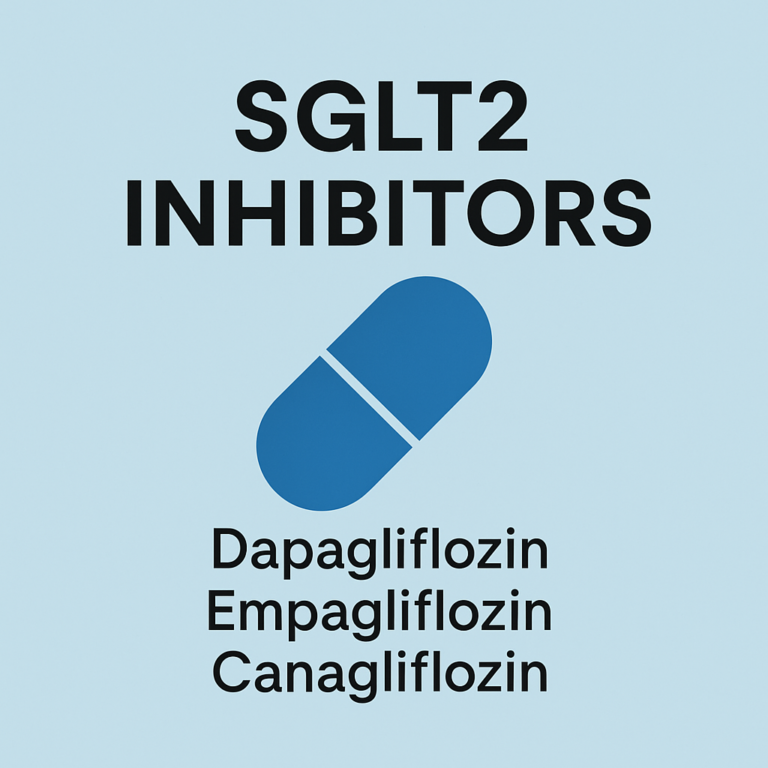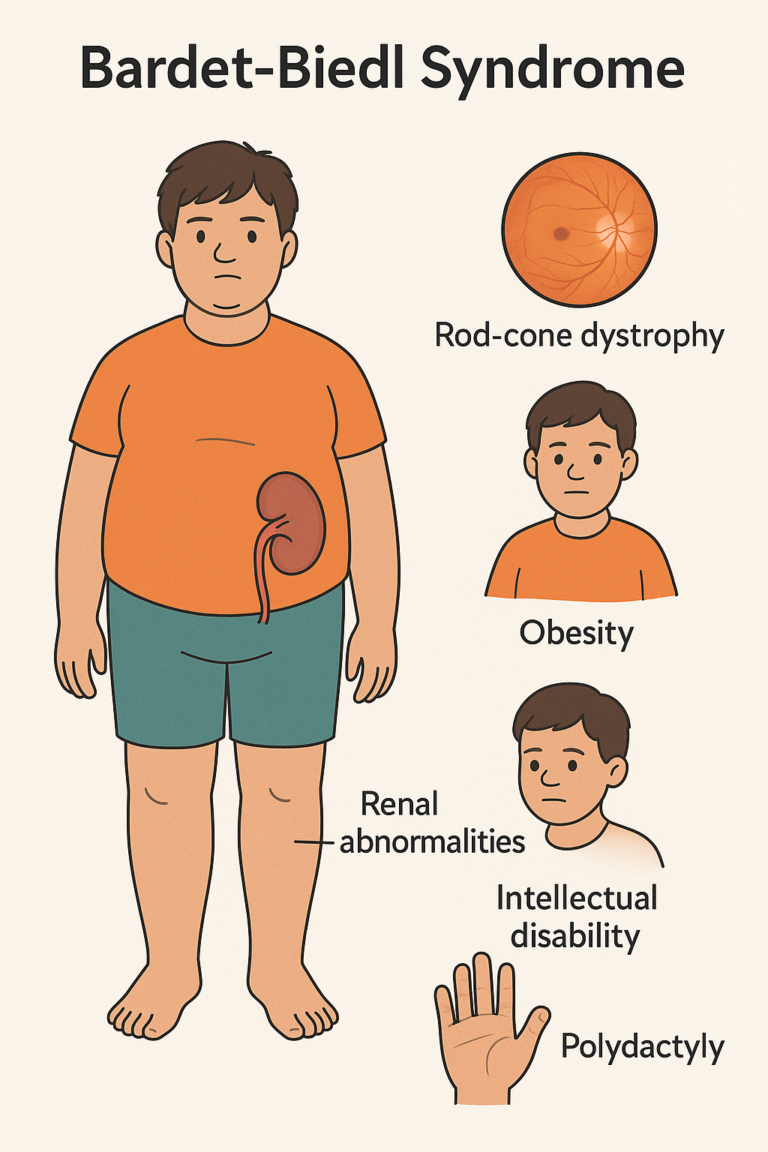Bell’s Palsy and Ramsay Hunt Syndrome

Abstract Bell’s Palsy and Ramsay Hunt Syndrome (RHS) are two distinct causes of peripheral facial nerve palsy. While both affect the facial nerve and result in facial weakness, their etiology, clinical presentation, and management differ significantly. This article provides a…







